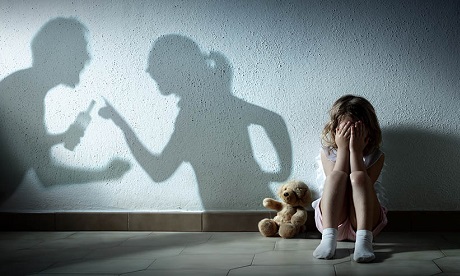A United Nations (UN) women’s rights committee review found New Zealand’s Family Court is failing to address the “obstruction of justice” for domestic violence victims.
The Family Court must make changes to ensure women and children are safe, the women’s rights committee says.
The UN committee also says it regrets New Zealand had chosen not to established a royal commission of inquiry into the courts.
The committee recommended a royal commission in 2018, after hearing multiple reports the courts were not meeting victims’ needs.
The government instead ordered a ministerial review. That review would have a more limited scope than a royal commission.
The committee is concerned the ministerial review did not address the “root causes of the systemic lack of trust and sensitivity” towards female victims in the court. It is also concerned women’s safety wasn’t part of the inquiry.
The UN committee said these issues led it to believe New Zealand did not implement its recommendation.
It asked for more information about what “appropriate action” it would take to make New Zealand’s court system safe, before New Zealand’s next appearance before the UN committee in 2022.
In general, New Zealand only reports every four years on its the Convention on the Elimination of All Forms of Discrimination against Women (CEDAW). This convention is regarded as the international bill of women’s rights.
However, the UN committee has asked New Zealand to complete a two-yearly update, because it is concerned about New Zealand’s response to family violence issues.
The committee’s report was immediately hailed as “validating” by domestic violence advocates. They have argued for years that the courts do not properly understand family violence, so are unsafe.
Deborah Mackenzie from the charity the Backbone Collective says it is affirming that the UN is listening to victim-survivors’ voices about their concerns with the court process.
“New Zealand can’t continue to pretend that this is a great place to be a woman or a child. Family and sexual violence is a common occurrence and women keep telling us there is very little protection or support provided to them – partly because there is an inability to see violence and acknowledge it, especially when it doesn’t look how we expect.”
Natalie Thornburn of the Women’s Refuge says the UNs recommendations reflect reality for many women: when they try to seek safety through the Family Court, the violence against them is obscured or invisible.
“That’s not because the court doesn’t want to do right by people, but because they don’t necessarily know how to…it needs a specialist response.”
The UN report also notes some issues have improved for women in New Zealand.
These include satisfactory progress on a new abortion law, a national strategy on family violence, protections for migrant women, plus protections for disabled women who were abused by caregivers.
Source
- Stuff
- Image: Lawyers Weekly
